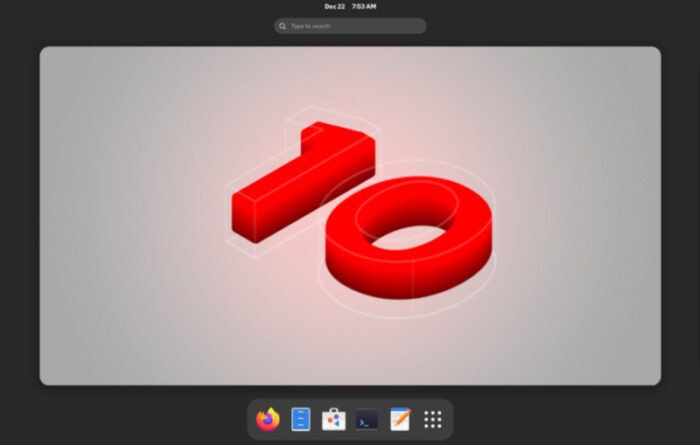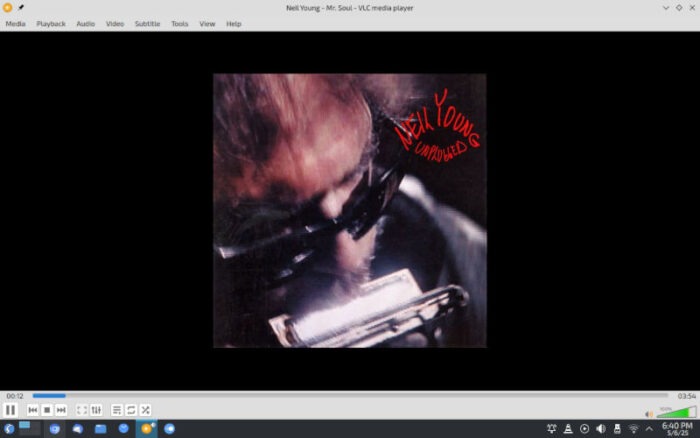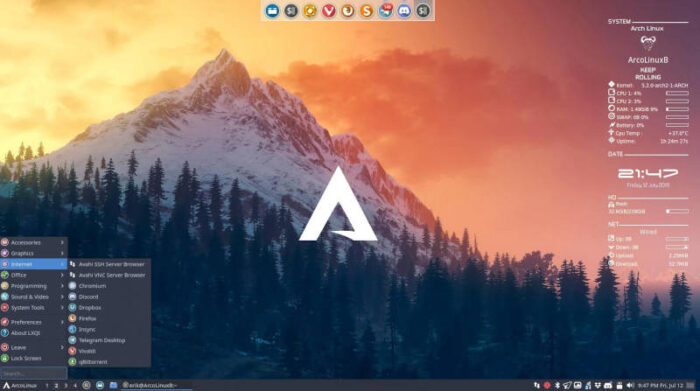CIQ is now offering Rocky Linux especially purposed for large-scale AI deployments.
Posts published in “Distros”
Here's some preliminary information about AlmaLinux OS Foundation's upcoming board election. We'll keep you up-to-date as we learn more.
We're keeping our fingers crossed that Fedora's upcoming election will take place without all of the controversies that surrounded Open Source Initiative's recent board election.
Although Ubuntu's latest and greatest has no shortage of features aimed at developers, for this article we're concentrating on what it offers the average user.
Another small but well-maintained distro with a dedicated following reaches the end of the trail.
Red Hat might be the company making money off of Enterprise Linux, but the now discontinued Linux distribution CentOS Linux has many times more installs.
Tails will take you through a den of identity thieves, who will never learn your name. It's sorta the opposite of Cheers.
With RHEL 10 likely to be released within the next 60 days or so, users of AlmaLinux, Rocky Linux, and other Red Hat clones are on notice to prepare to upgrade.










